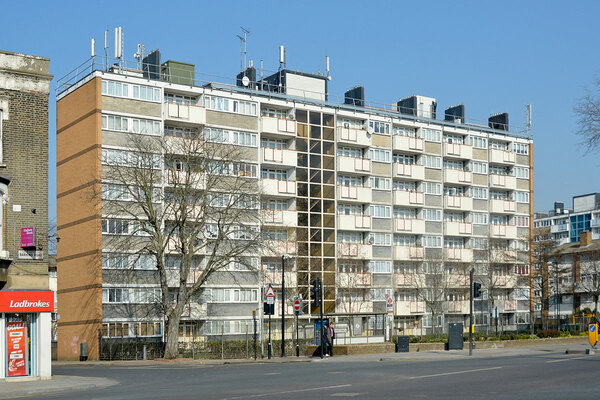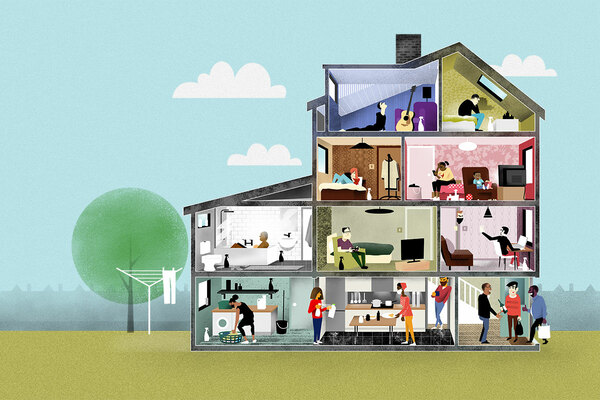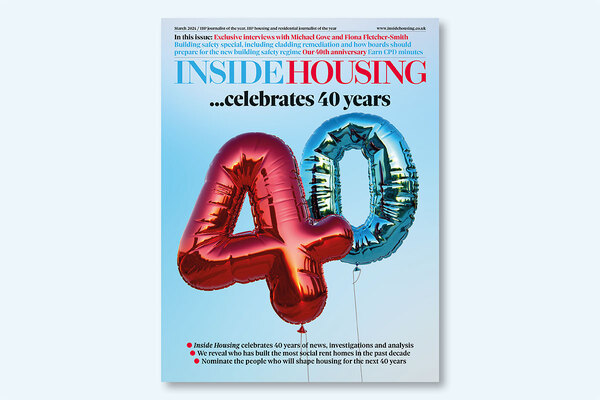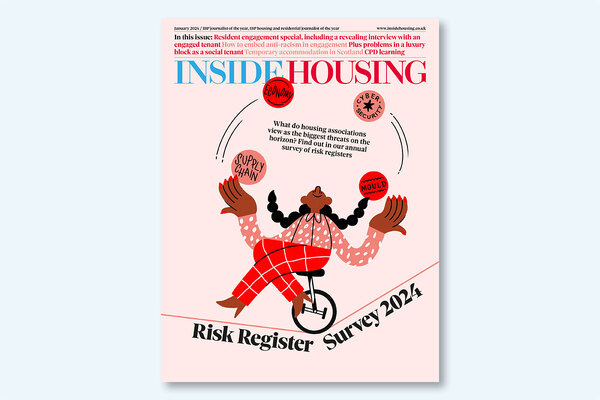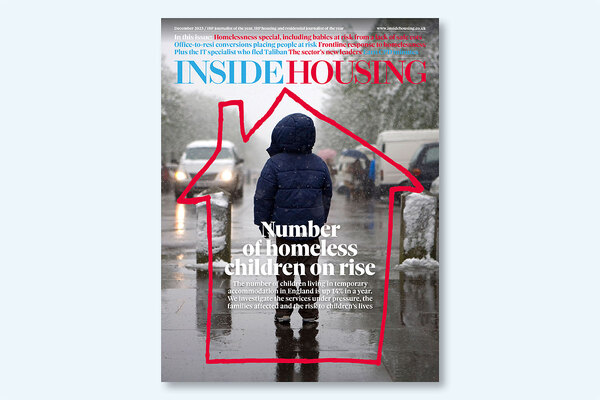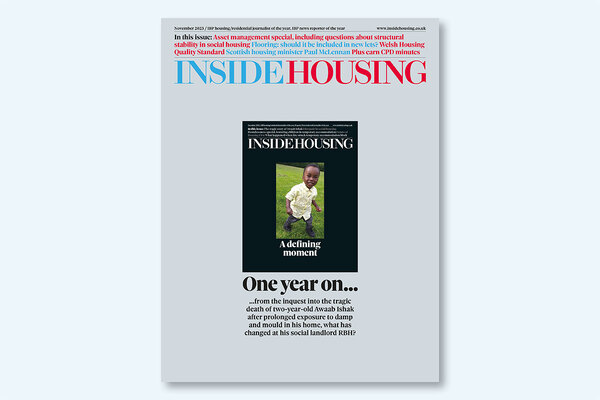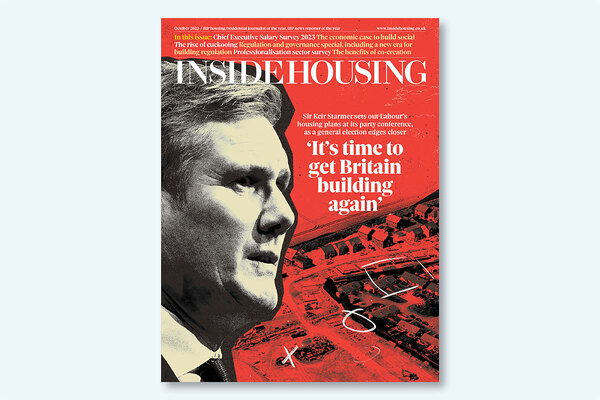Coronavirus has hit areas of housing pressure hardest. We must provide more social housing
The link between poor housing and poor health is well established, but the current crisis proves it should no longer be tolerated. Luckily, the solution is well known, writes Martin Hilditch
The housing crisis has always killed. Those who work in the sector have long been producing evidence of the link between poor housing and poor health.
But coronavirus has made this link more immediate and more painful. More detailed academic studies will doubtless be carried out in the months and years to come, but this week we have crunched the numbers and arrived at the sad but unsurprising conclusion: coronavirus death rates are higher in areas where the housing crisis is worse.
The starkest statement of this fact comes from Newham Council in east London, which is contending with arguably the worst housing crisis in the country and now the highest coronavirus death rate. They have branded the illness “a housing disease”.
The reality appears to be that where there are more shared rental units, more families living in cramped conditions with older relatives and more families in temporary accommodation, infectious disease is more likely to spread and to kill.
This was true in the Victorian era and it is true now. It is a fact that should surprise no one. But it is one that should drive us all to call for change.
We have explored some of these factors in this week’s edition of the magazine and the answer is the same as it often is. These are problems that have their roots in the lack of decent affordable and social housing.
After the disease has passed, this is the solution our politicians must reach for. We do not need another detailed analysis of the problem. We need more good-quality homes that people can afford. That’s it.
This is what people need to isolate safely from a deadly global pandemic. It would solve a host of other social and health issues as well.
But that’s the long term and this crisis is immediate. Currently we are at a crossroads in terms of housing policy, with thousands of former rough sleepers housed in hotels that will shortly be opening for business again.
At the same time, vast numbers of private renters have built up unsustainable arrears and are still in their homes, only thanks to an eviction ban that expires in a little under four weeks.
Both of these groups will become additional statistics on government homelessness charts if the right action is not taken promptly.
Tragically, that increases their chances of becoming an addition to another grim government statistic in the coming months. That cannot be an option.
Martin Hilditch, editor, Inside Housing



